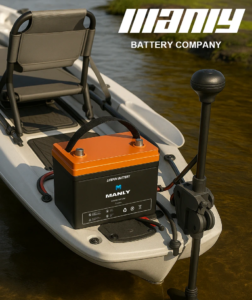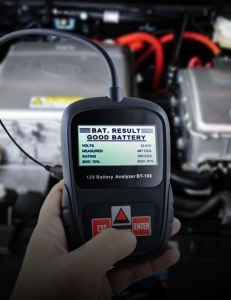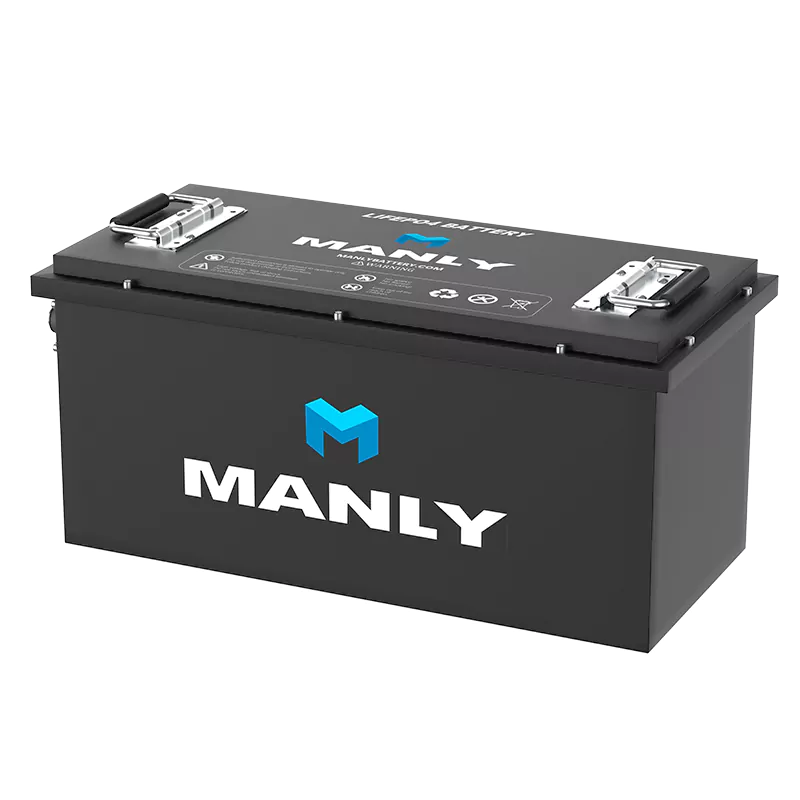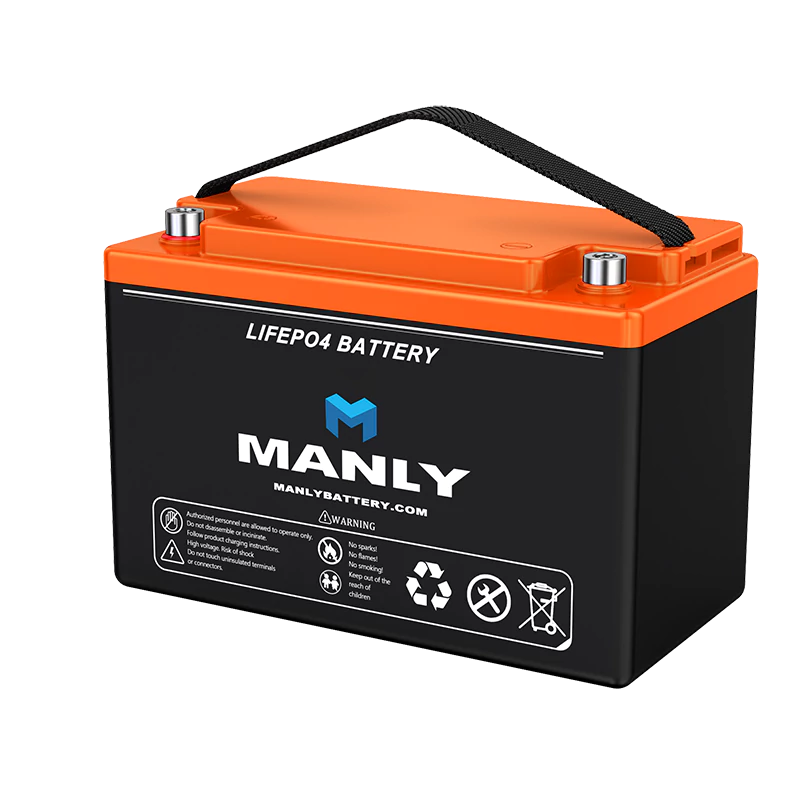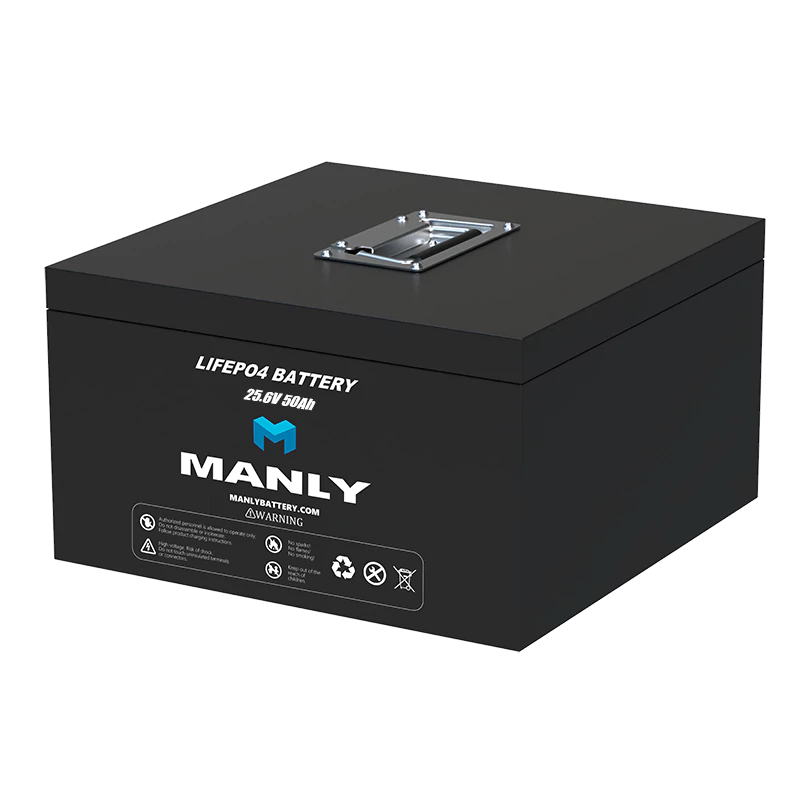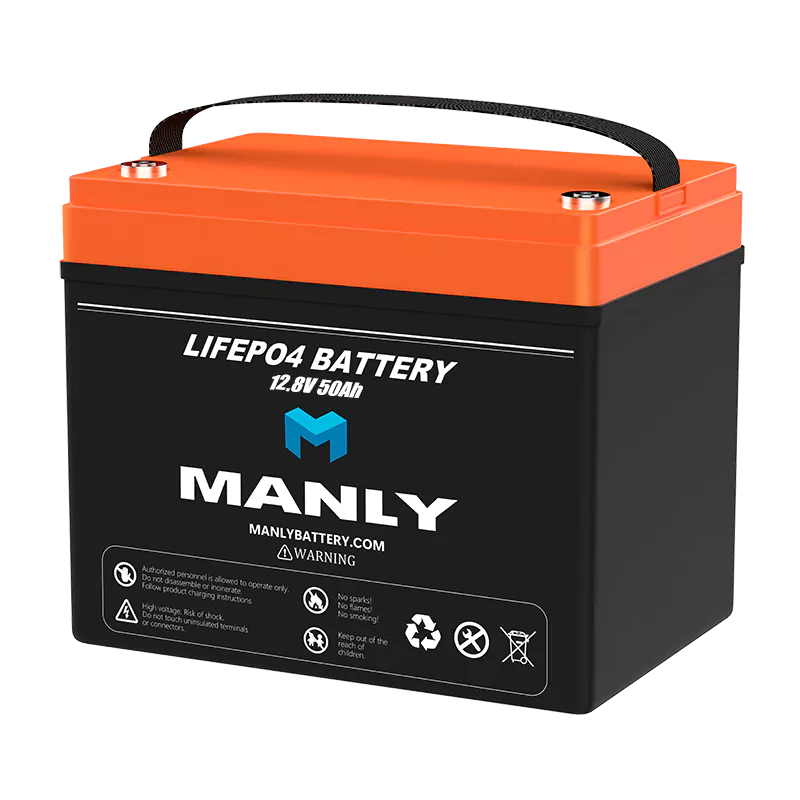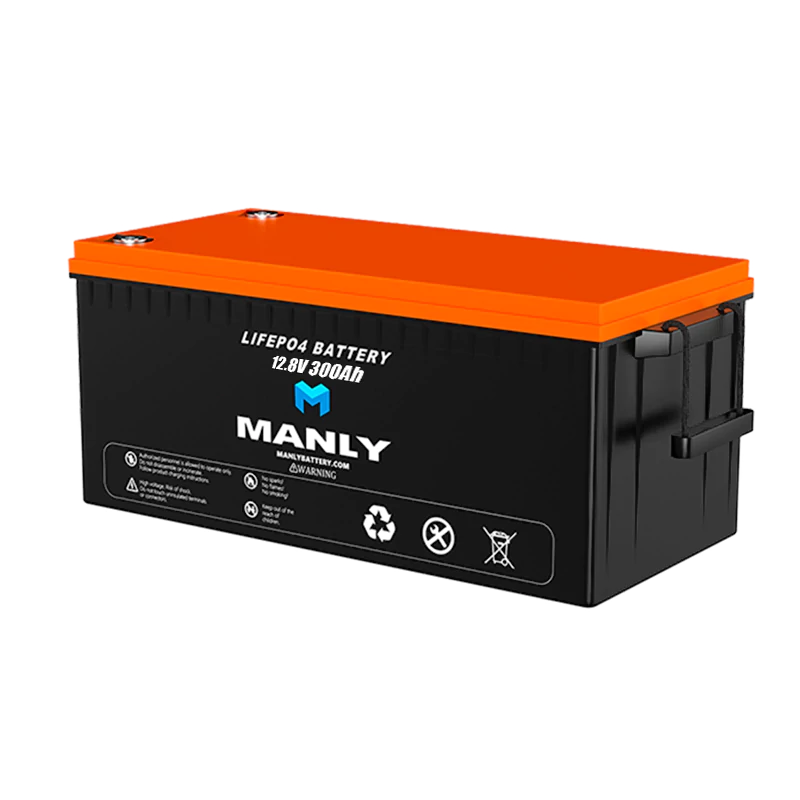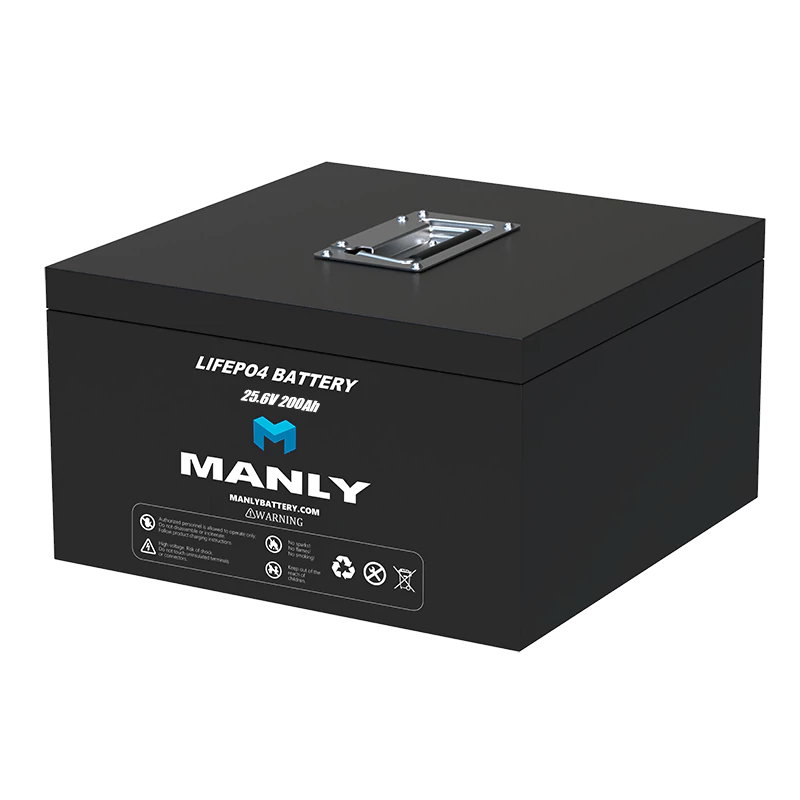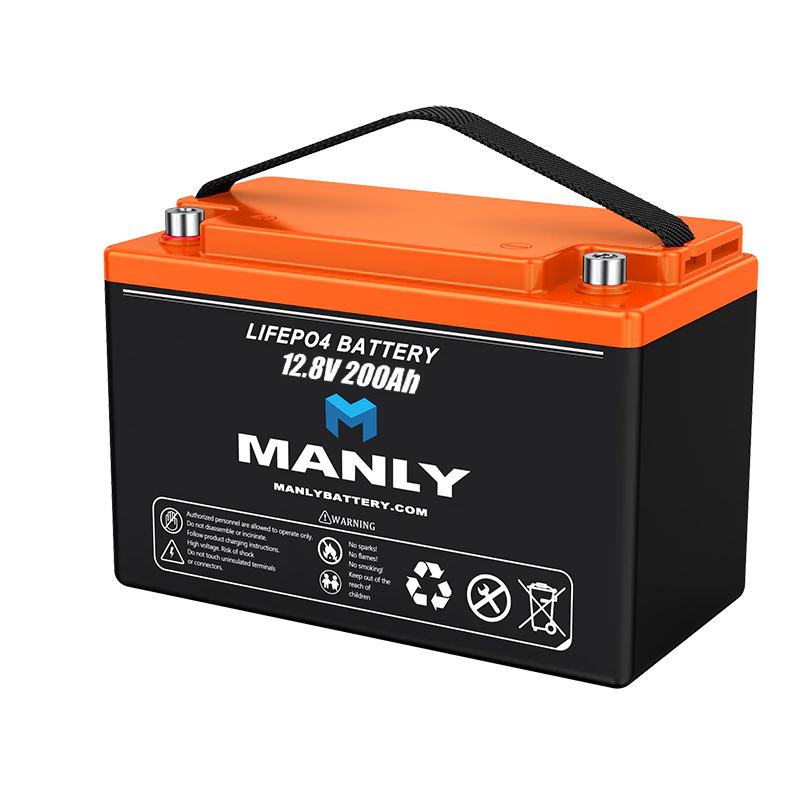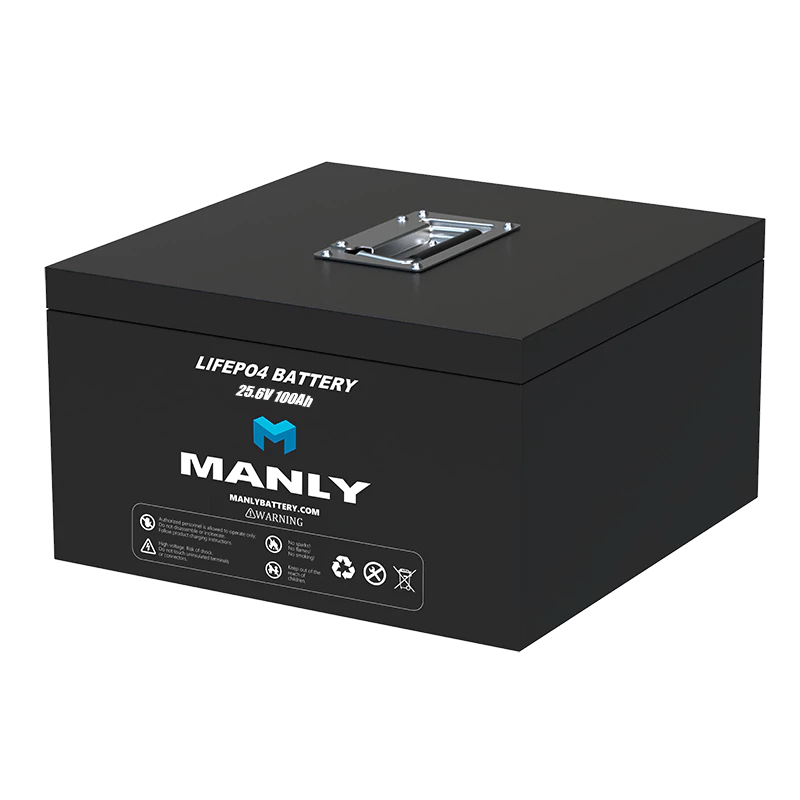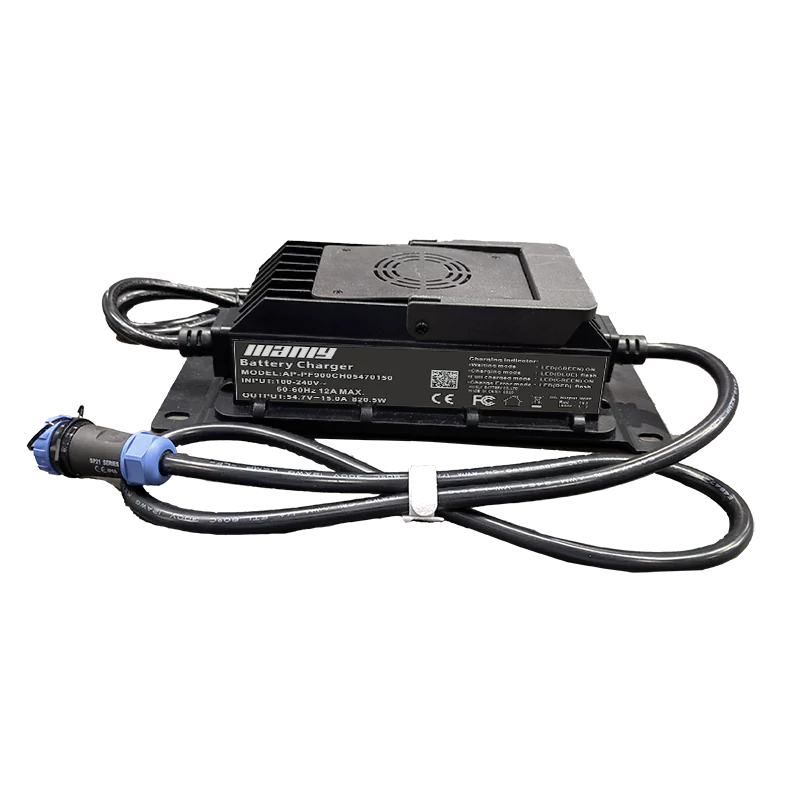What's the Difference Between Marine Battery and Car Battery?
Table of Contents
- What's the Difference Between Marine Battery and Car Battery?
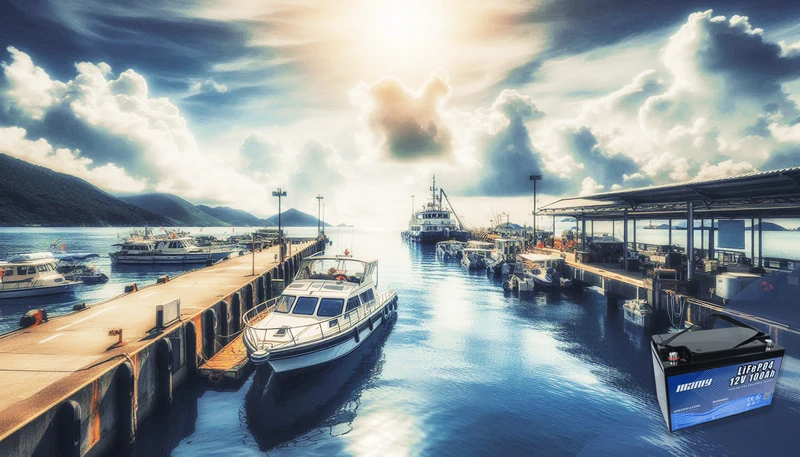
What is a Car Battery?
A car battery, or an automotive battery, is a rechargeable battery that provides the necessary energy to start your vehicle. When you turn the ignition, a signal is sent to the battery, which converts stored chemical energy into electrical energy. This electrical energy powers the starter motor, which cranks the engine, and the alternator then recharges the battery as the car runs.Car batteries are designed to deliver short bursts of high power, primarily to start the engine. Once the engine runs, the battery's role diminishes as the alternator powers the vehicle's electrical system. This means the battery doesn't need to provide a long, steady power flow for extended periods. Instead, it is optimized to provide a high current quickly, especially in cold conditions. The ability of a car battery to start the engine in cold weather is measured in cold cranking amps (CCA). A higher CCA rating ensures that the battery can deliver the necessary power in freezing temperatures.What is a Marine Battery?
A marine battery is not just a power source for boats; it's a reliable companion designed to withstand the harshest conditions. It is more durable and robust than a car battery, which must withstand constant vibration, moisture, and wave impacts. Marine batteries are built to provide the power to start a boat's engine and a steady supply of electricity to power various onboard electronics, such as lights, pumps, and radios, even when the engine isn't running.Marine batteries are typically rated using marine cranking amps (MCA), which measure their ability to provide power in aquatic environments. MCA ratings differ slightly from CCA ratings, as they are measured at 32°F (0°C) rather than colder temperatures. Marine batteries also need to have a higher reserve capacity than car batteries, meaning they must be able to provide power for more extended periods.Construction Differences
One of the most significant differences between marine and car batteries is their internal construction. Car batteries are typically made with thin, porous lead plates that allow for quick bursts of energy. These thin plates are closely spaced to maximize the surface area exposed to the electrolyte, enabling rapid energy release.On the other hand, marine batteries, intense cycle types, are built with thicker lead plates. These thicker plates provide more durability and allow the battery to discharge energy slowly over time. This is essential for powering a boat's electronics for extended periods, as the battery must provide a continuous energy flow.Marine batteries are also more rugged in terms of design. They are built with extra protection to withstand the constant motion, and vibrations experienced on a boat and the potential exposure to water. A car battery, typically used on smooth roads and controlled environments, doesn't require heavy-duty construction.Can You Use a Boat Battery in a Car?
One common question is, can you use a boat battery in a car? Technically, a marine battery could be used in a vehicle, but it's not recommended. The use of the wrong type of battery can lead to potential risks. Marine batteries are designed for deep cycling, providing power over a long period. While this is great for running boat electronics, it's not ideal for a car with a battery capable of delivering a high burst of power to start the engine. It's essential to be cautious and aware of these risks when considering battery options.Conversely, using a car battery in a boat is not just inadvisable; it's a potential risk. As mentioned earlier, car batteries are designed to provide short bursts of power and are not built to withstand the constant vibrations and harsh conditions of a marine environment. Using a car battery in a boat could lead to premature failure, potentially stranding you on the water. It's a risk not worth taking.Marine Battery vs. Car Battery: Key Functions
- Starting Power: Both types of batteries are used to start engines, but car batteries are optimized for providing short, powerful bursts of energy. Marine batteries, especially dual-purpose or deep cycle marine batteries, are designed to provide steady power over extended periods while offering enough power to start the engine.
- Durability: Marine batteries are built to withstand the harsh conditions of a boating environment, such as vibrations, wave impacts, and exposure to moisture. Car batteries are not designed for such situations and are typically used in more stable, smooth environments like paved roads.
- Energy Storage: A car battery is designed to discharge energy quickly and then be recharged by the alternator as the vehicle runs. In contrast, a marine battery is built to discharge slowly over time and often must provide power even when the boat's engine isn't running.
Types of Marine Batteries
There are several types of marine batteries, each with different benefits depending on your boating needs:- Flooded Lead-Acid Batteries: These are the oldest and most common type of deep cycle marine battery. They are affordable and reliable but require regular maintenance, such as checking electrolyte levels and adding water.
- Absorbed Glass Mat (AGM) Batteries: AGM batteries use a fiberglass mat to absorb the electrolyte, making them spill-proof and maintenance-free. They have a longer lifespan than flooded batteries and are more durable in extreme conditions.
- Gel Marine Batteries: Like AGM batteries, gel batteries are spill-proof and maintenance-free. However, they use a gelled electrolyte, which makes them more sensitive to overcharging and overheating.
- Lithium Marine Batteries: Lithium batteries are the most expensive option, but they are lightweight, durable, and quick to recharge. They are ideal for high-performance boats and provide excellent energy storage for long trips.

